Noémie Merlant tells Screen about the journey to Cannes for her second feature, female-led horror comedy The Balconettes.
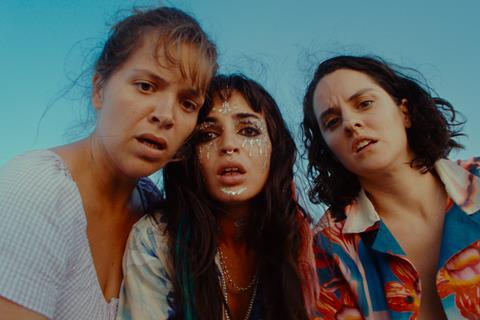
Noémie Merlant, whose high-profile acting roles include Tár, Céline Sciamma’s Portrait Of A Lady On Fire and Audrey Diwan’s upcoming Emmanuelle, was in Cannes in 2021 with her debut feature Mi Iubita Mon Amour which premiered as a Special Screening.
She returns this year with The Balconettes in Midnight Screenings, in which she co-stars with Souheila Yacoub and Sanda Codreanu, and co-wrote with Sciamma. The female-led revenge fantasy blends horror and comedy in its story of three flatmates who meddle in the lives of their neighbours from their balcony in Marseille during a heatwave — until a late-night drink turns into a very bloody affair. It is produced by Nord-Ouest Films, with mk2 Films handling international sales.
Rooted in reality
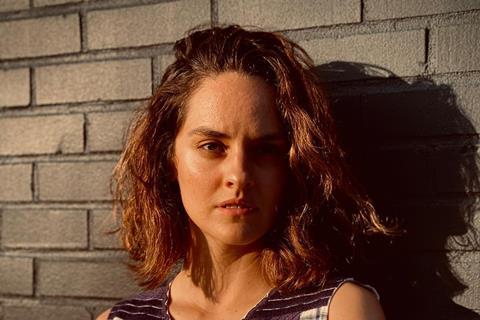
The film is bursting with gore and ghosts, yet despite such fantastical and surreal elements, Merlant tells Screen International in Cannes that the idea for the story is anchored in reality, beginning after her 2019 turn in Portrait Of A Lady On Fire and as the #MeToo movement was gaining momentum.
“My perspective changed — the way I looked at the world, at patriarchal society, and at my own life,” she says. “I was seeing things I hadn’t seen before.” It left her feeling “suffocated” and compelled to “leave everything behind and run away” from the relationship she was in at the time, moving in with longtime friend Codreanu and her sister.
“Our days were spent talking about this wake-up call we were experiencing with regards to our relationships to men, our desires, our bodies,” says Merlant, who used the time as the formative basis for The Balconettes. “I wanted to make a film about this sensation, about women collectively reclaiming possession of their bodies and their lives.”
While her second feature as a director deals with sexual violence and dark themes, the script is driven by comic relief. “Humour is how we get through traumatic discussions and put these tragic experiences at a distance in order to own them,” she says.
Merlant set her narrative in a genre milieu of gore and horror because “these are the films that inspired me when I was young, particularly Korean and Japanese films like The Chaser and The Killer”.
Citing other inspirations including Pedro Almodovar and Quentin Tarantino, Merlant says leaning into depictions of extreme violence on screen has also been a way for her to deal with real-life aggressions. “There is something liberating about such violence and vulgarity that women don’t have the freedom to express in real life, so at least let’s put it in a movie,” she says. “Gore is cathartic.”
The story’s themes of sisterhood extended into every aspect of the production. Merlant wrote alone for three years, before bringing in Portrait Of A Lady On Fire writer/director Sciamma.
“She helped me to understand what I wanted to express, to find the poetry in my writing, and gave me the courage to tell the story I wanted to tell,” says Merlant. “Sanda [Codreanu] also participated in the writing and dialogue; I sent it to my sound engineer — the screenplay passed from woman to woman.”
The film was shot in Marseille last summer, a city the filmmaker also compares to “a woman, filled with both tragedy and also life and love”, and “an obvious place” to set the story. Even with fantastical elements and spewing buckets of blood, she says her own character — an actress and writer — and that of Codreanu “stem from reality, but turn into caricature, like a comic-book version of ourselves”.
She adds: “I wanted everything to go too far. The aim was to shake things up — from the décor to the colours to the acting to the clothes to the mise-en-scène. Nothing was off-limits.”
Such ambition, however, did not make the film an easy sell. “It was hard to get this film made,” says Merlant. “It was strange to see the reactions. Some said, ‘Finally!’ Others were shocked and scared. Many men took it personally and women were also fearful of getting involved because we’re not used to such violence — it terrifies people.”
However, Merlant cites the film’s production partners, including Nord-Ouest and mk2, as “getting it” and swooping in with support from all angles for the unconventional project. She adds: “I wanted to reverse the gaze from the woman as an object in films and switch up the codes. In vulgarity, there is freedom, truth and sincerity.



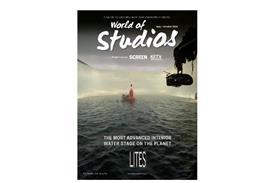

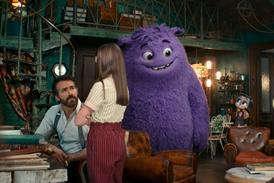

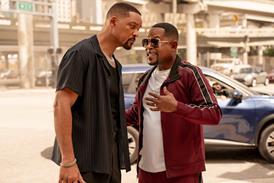
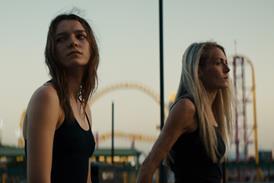
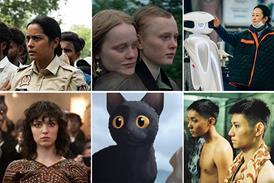
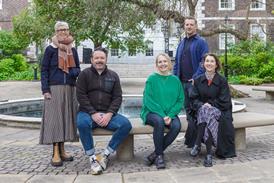

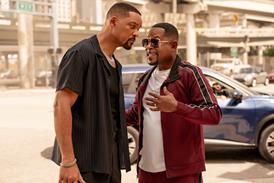
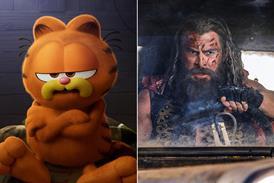
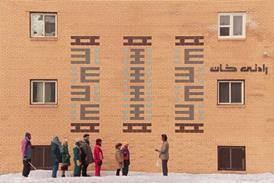
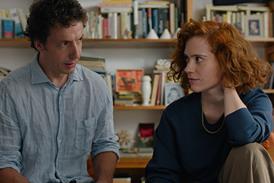








No comments yet